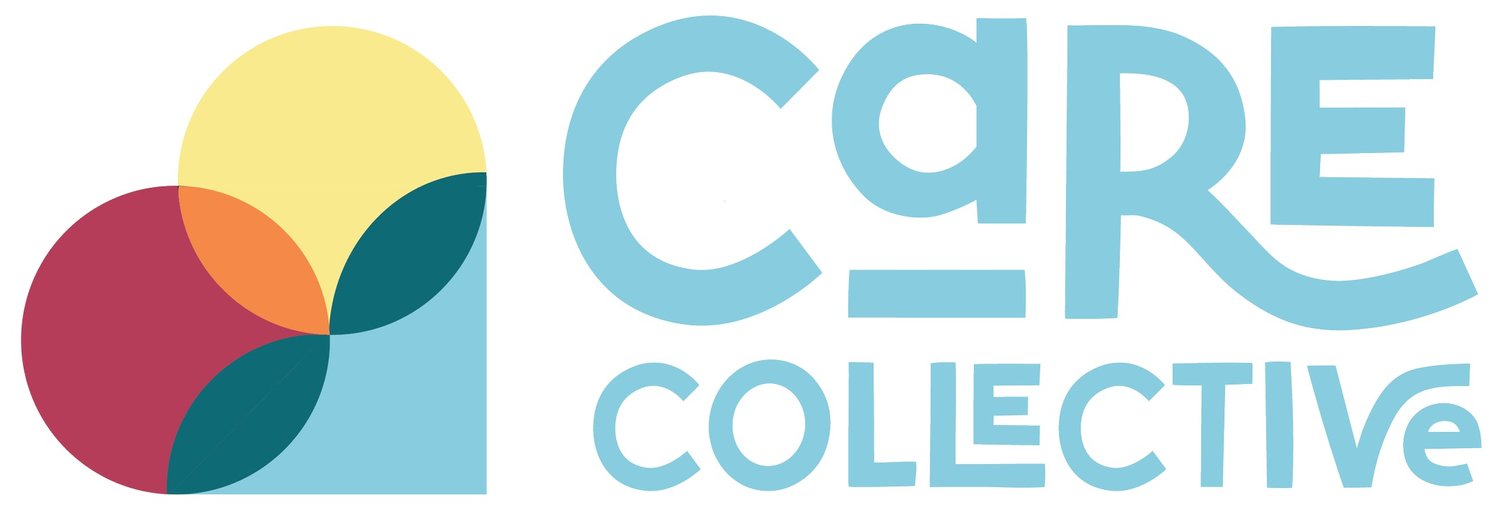3/4 of BIPOC Children
in Kalamazoo live in households that earn less than the basic cost of living.
more than
1/2 of Families
with young children in Kalamazoo do not have access to enough diapers
14%
The percentage of monthly income that low-income families spend on diapers
Diaper need is the lack of a sufficient supply of diapers to keep a baby or toddler clean, dry, and healthy. The average monthly cost of diapers has risen to approximately $100. Despite this high cost, there are no federal or state assistance programs for purchasing diapers.
SNAP and WIC do not cover diapers.
Benefits from Access
Improved Physical Health
Access to diapers is essential for babies' physical health, as it allows caregivers to change diapers as frequently as necessary. This helps prevent diaper rash, infection, and other health issues.
Reduced Stress
When caregivers have the diapers they need, they experience lower stress and greater confidence in their caregiving abilities. This creates new opportunities for a family’s wellness and joy, allowing them to focus on the rest of life with one less worry.
Increased Opportunities
With adequate access to diapers, caregivers can enroll their children in childcare, enabling them to pursue work or education. This increased access to childcare opens up new opportunities for caregivers in their careers and personal development.
Who This Impacts
BIPOC Caregivers
Caregivers who identify as Black, Indigenous, or people of color face higher levels of diaper need when caring for their babies due to the impacts of systemic racism. These inequities create barriers to earning a living wage, limit access to purchasing options, and lead to additional financial burdens.
Female Caregivers
Societal expectations often place women as the primary caregivers for children, which means the financial burden of purchasing diapers and baby wipes typically falls on mothers and other female caregivers. These individuals are often more likely to earn a low income.
If You Need Diapers
Care Collective does not directly distribute diapers to individuals.
Anyone who receives diapers from us gets them through one of our partner organizations. For a list of these partners, the programs and services they offer, and how you can contact them, visit the link below.
If you need other resources, contact 211.



